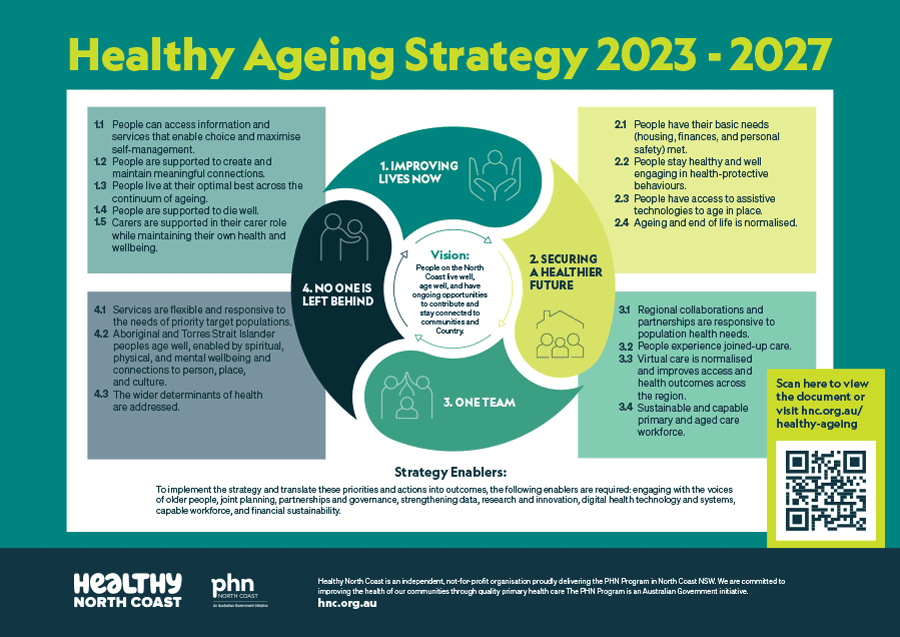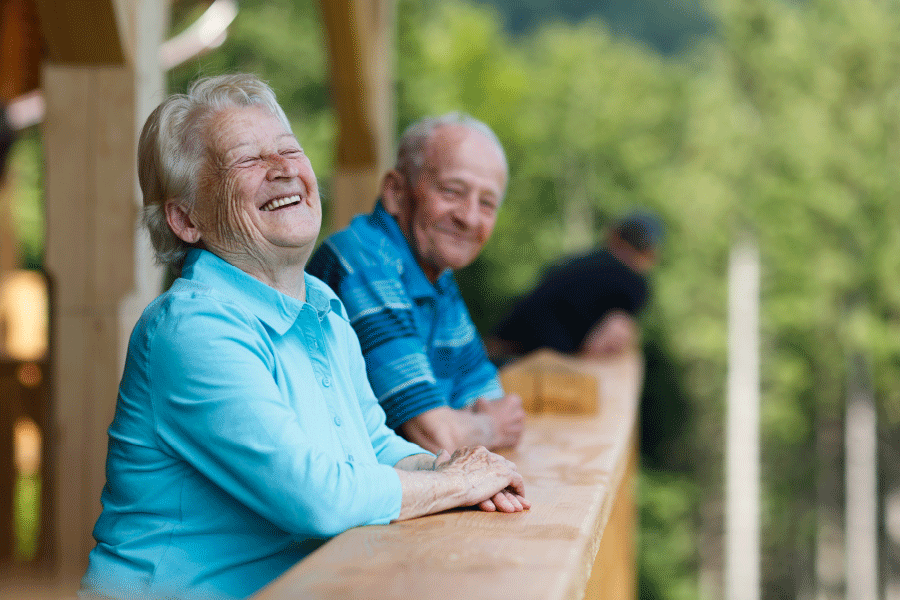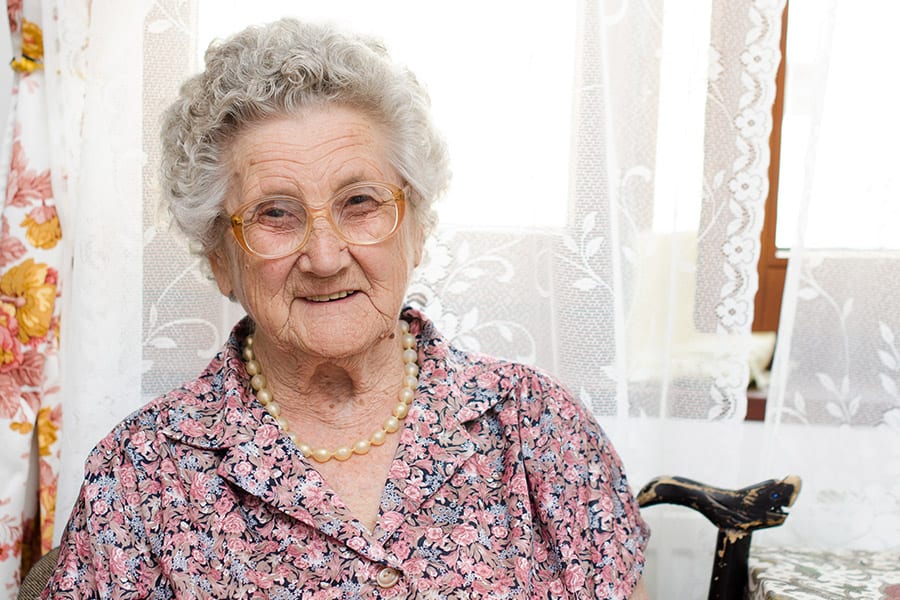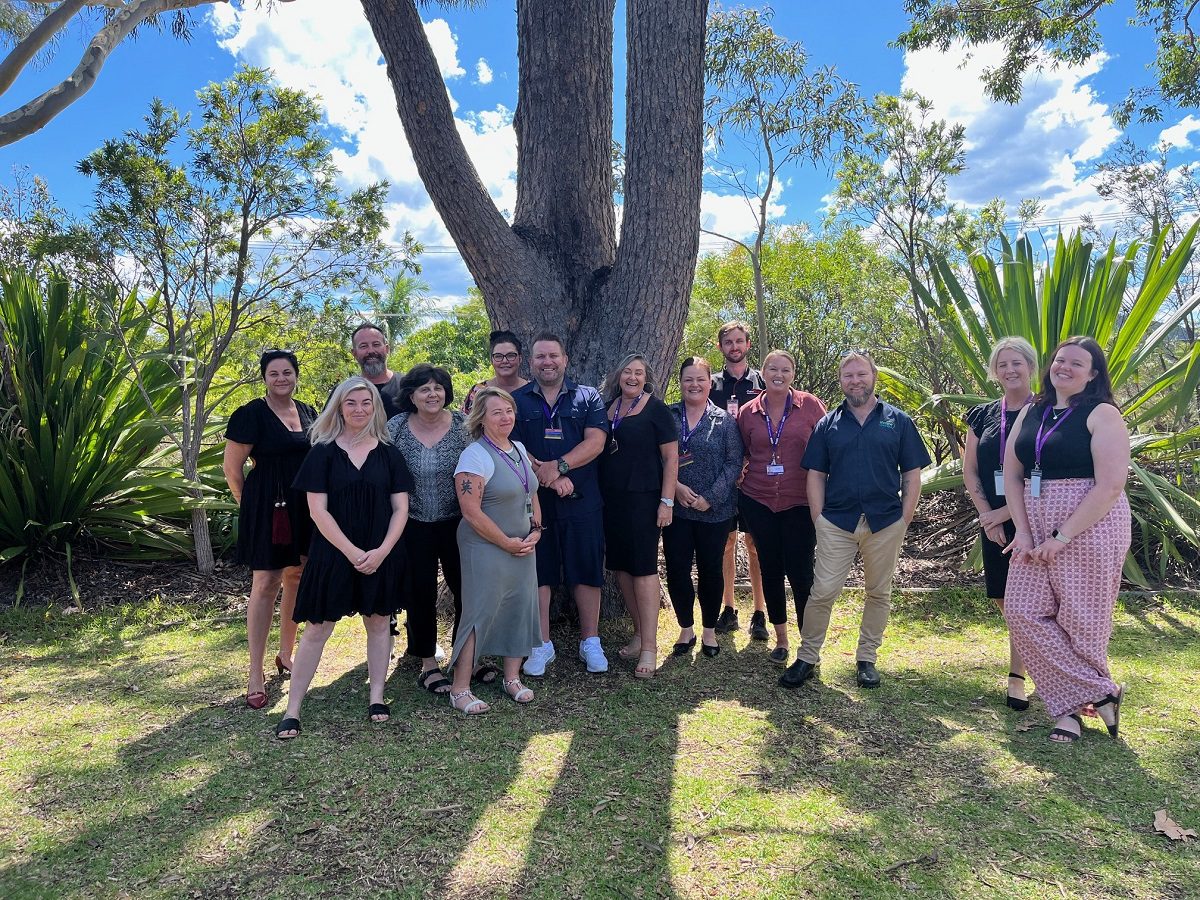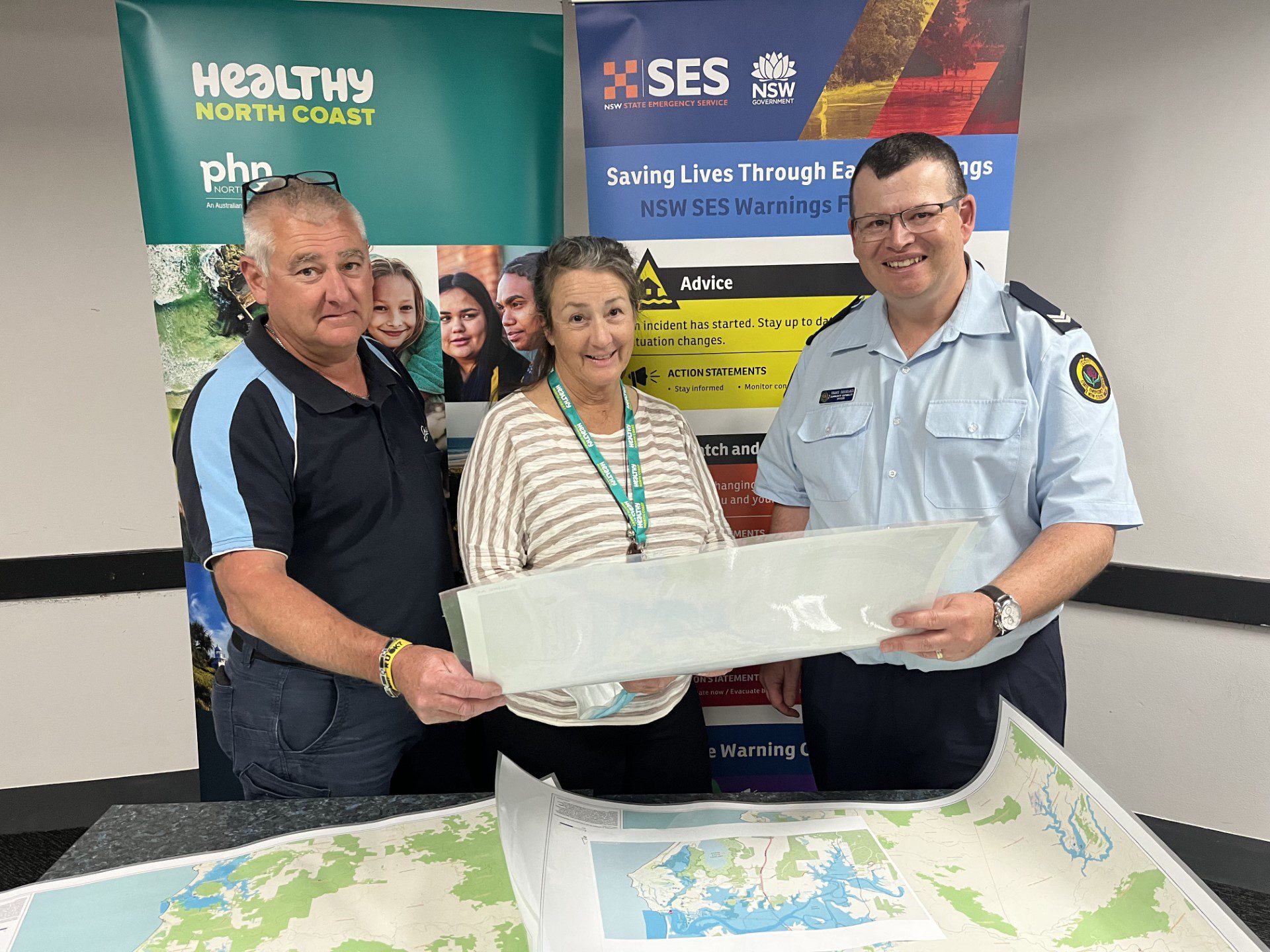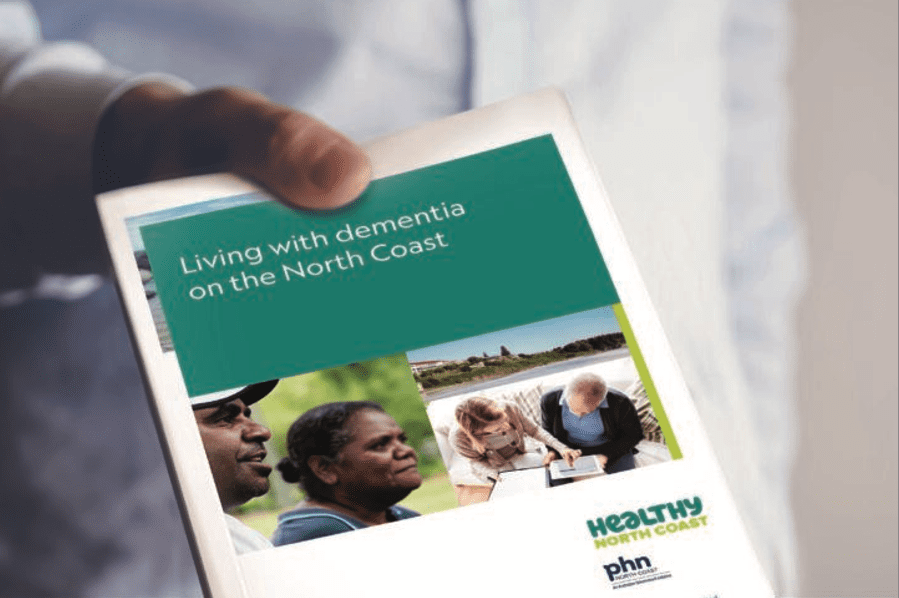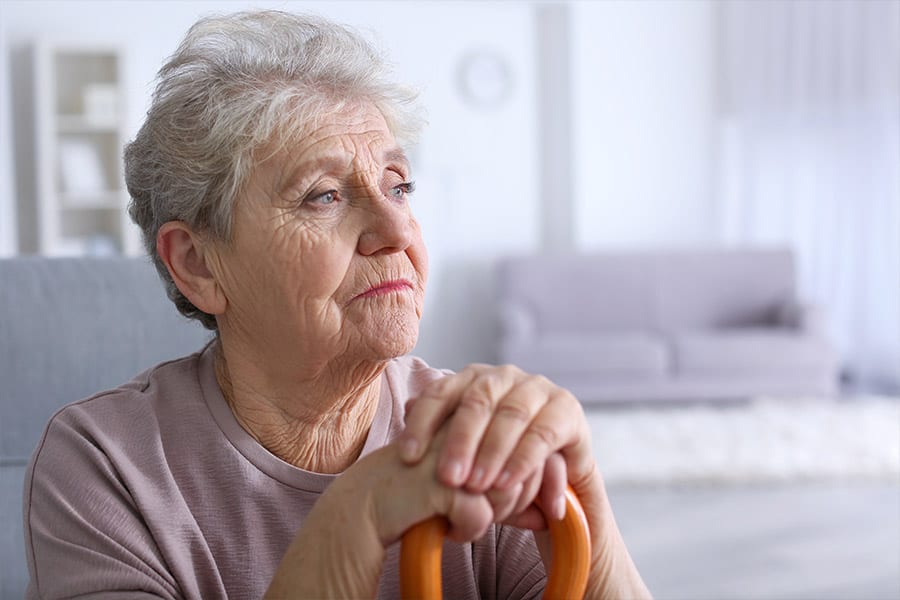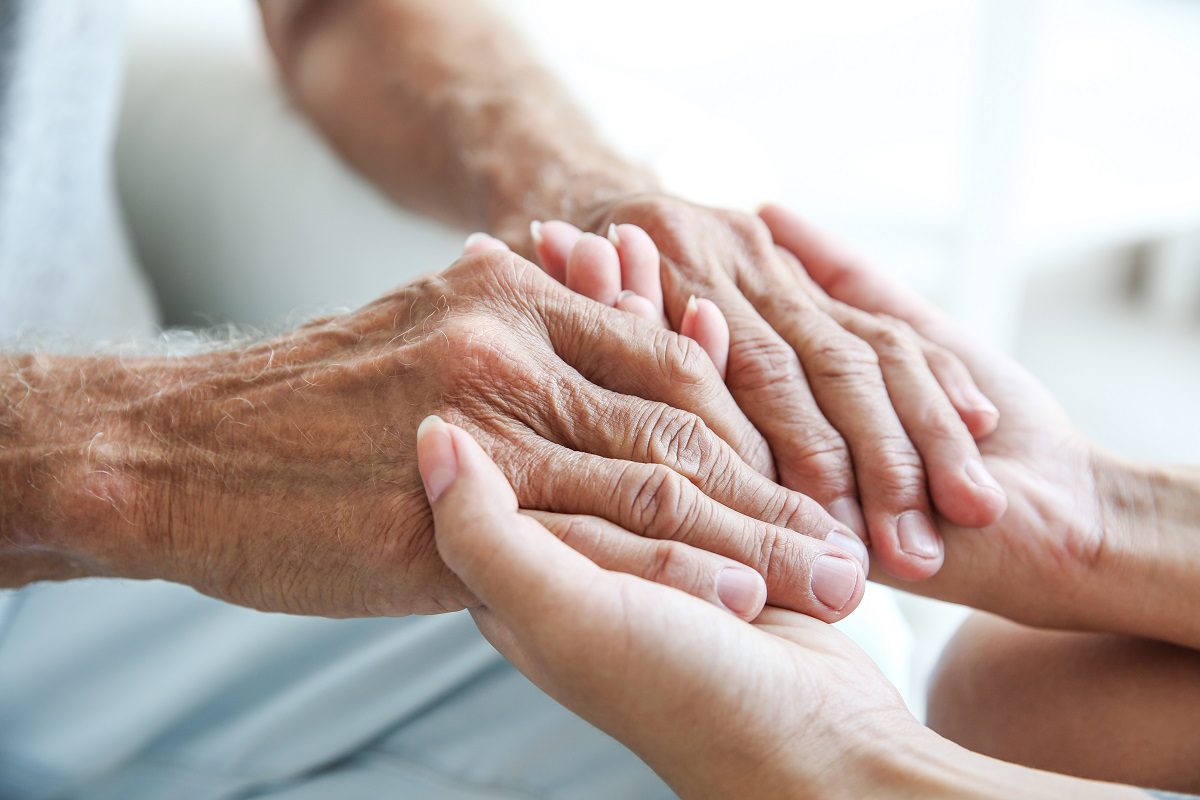Supporting Healthy Ageing
on the North Coast
North Coast demographic forecasts predict that there will be a greater proportion of residents aged over 65 here than any other region in Australia. By 2030, 30% of the population is expected to be over 65 and the number of people over 85 will almost double in the next twenty years.
Data shows we are living longer, but not necessarily better.
Our vision is for people on the North Coast to live well, age well and have ongoing opportunities to contribute and be connected to community and Country. This means better access to supports and services, improving lifestyle health and truly valuing older people.
Healthy ageing is a strategic imperative for Healthy North Coast. We have invested in extensive planning, so we can really shift the dial on how people across the region live their older years.
Our Healthy Ageing Strategy 2023-2027 synthesises this research and planning, organising our activities so that we can improve lives now and secure healthier futures, as well as working together across the region as one team and ensure that no-one is left behind.
Some initiatives are already being delivered across our region with more commencing in the coming months. Click on the links below to learn more.
Healthy Ageing Strategy 2023-2027
Why it matters.
Our region is facing a rapidly ageing population, driven by increasing life expectancy, declining birth rate and increased regional migration of middle-aged people and retirees. It's essential we plan effective and efficient health and aged care services to meet this growing demand and help older people to self-manage their wellbeing.
Older people make a significant and valuable contribution to society, as family members, elders, mentors, leaders, carers, skilled workers and volunteers. Ensuring their health and wellbeing is vital to the social, cultural and economic health of our communities.
We have developed the Healthy Ageing Strategy 2023 – 2027 with the vision People on the North Coast live well, age well, and have ongoing opportunities to contribute and stay connected to communities and Country.
The Strategy takes a population health approach and focuses on wellness, independence and enablement.
Its purpose is to improve population health outcomes and direct investment towards evidence-informed healthy ageing initiatives, as new funding, research or partnership opportunities arise.
Healthy ageing is not just planning supports and services for older people, it is about all of us planning to age in our best health. The actions in the strategy will contribute to healthy ageing across the life course by:
- Working with people as they age to enhance their ability to self-manage, navigate the health and aged care systems and access services.
- Supporting people to live full and productive lives and to plan for future health and care needs.
- Creating environments that are age friendly, harnessing technology as an enabler.
- Improving access and integration of services.
- Integrating care by mapping services, sharing information and strengthening the workforce.
TIMELINE
Our Strategic Plan is based on extensive research and planning so that our activities can be prioritised, targeted, evidenced based, effective and measurable.
2019 & 2020
Systems Dynamic Modelling: using data analytics to model innovative options to support Healthy Ageing.
2021
Consultation. Healthy Ageing Strategy Reference Group established. Community consultation for the Perceptions of Ageing report.
2022 & 2023
- Co-design activities
- Cross-sector engagement
- Ongoing research and environmental scan of new, evidence-based initiatives
- Implementation of digital health, palliative care, dementia information and care finder services
- Development of early intervention programs
2024 - 2027
- Strategy finalised
- Implementation of new initiatives in early intervention, after hours support and palliative care
- Ongoing research and program evaluation
The priorities that will deliver the vision of the Healthy Ageing Strategy are grouped into four areas:
- People can access information and services that enable choice and maximise self-management.
- People are supported to create and maintain meaningful connections.
- People live at their optimal best across the continuum of ageing.
- People are supported to die well.
- Carers are supported in their carer role while maintaining their own health and wellbeing.
- People have their basic needs (housing, finances, and personal safety) met.
- People stay healthy and well engaging in health-protective behaviours.
- People have access to assistive technologies to age in place.
- Ageing and end of life is normalised.
- Regional collaborations and partnerships are responsive to population health needs.
- People experience joined-up care.
- Virtual care is normalised and improves access and health outcomes across the region.
- Sustainable and capable primary and age care workforce.
- Services are flexible and responsive to the needs of priority target populations.
- Aboriginal and Torres Strait Islander peoples age well, enabled by spiritual, physical, and mental wellbeing and connections to person, place, and culture.
- The wider determinants of health are addressed.
Healthy Ageing Community Voices
As part of the development of the Healthy Ageing Strategy, several different groups across the region were consulted.
This engagement helped to understand the perspectives and needs of community members, build collaboration and to shape the programs and services people told us they want, as they age.
Workshop activities focused on the ageing journey, exploring concepts and solutions that have the potential to address some of these needs.
Several key themes emerged from a synthesis of the consultation:
- Planning to age
- Staying healthy and active
- Accessing health services
- Access to age-friendly environments
- Awareness and understanding of palliative care and end-of-life
Healthy Ageing Programs and Initiatives
Aged care is one of the seven National PHN priority areas and seeks improvements in:
- older people accessing primary healthcare services that meet their needs, including self-care in the home
- older people being supported to enjoy a greater quality of life, and
- fewer preventable hospitalisations for older people.
The Royal Commission into the Aged Care Quality and Safety final report calls for fundamental and systemic aged care reform. Through our PHN program, we have received funding to address several areas that affect aged care residents and older people on the North Coast:
- Access to GPs and allied health providers in residential aged care homes (RACHs).
- Unnecessary hospital transfers.
- Dementia pathways to support assessment and referral.
- Early monitoring and identification of health needs to support people to live at home.
- Local health and other care providers are supported to deliver coordinated, effective and appropriate care to older people.
- Local healthcare systems provide coordinated, quality care to older people.
